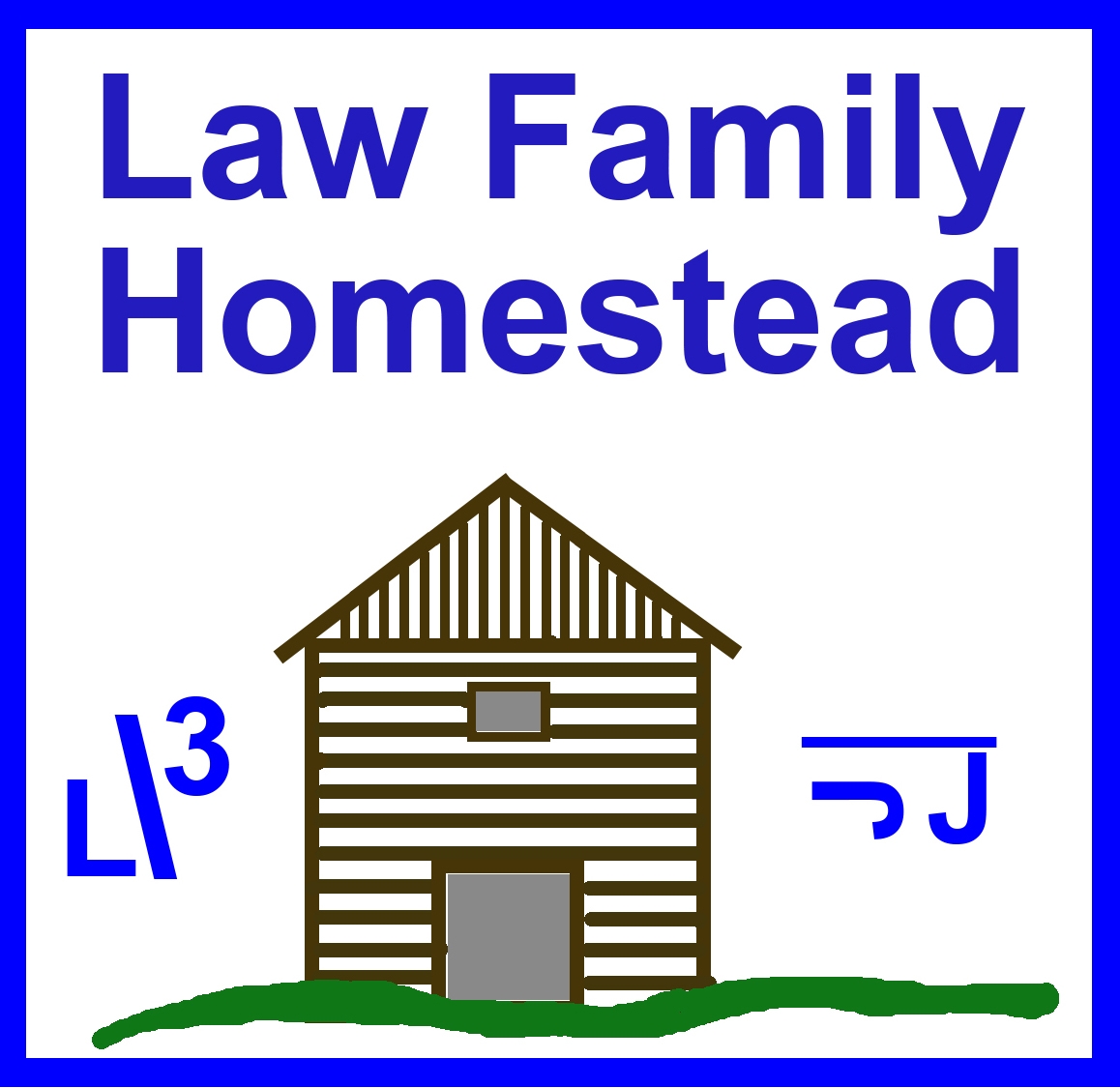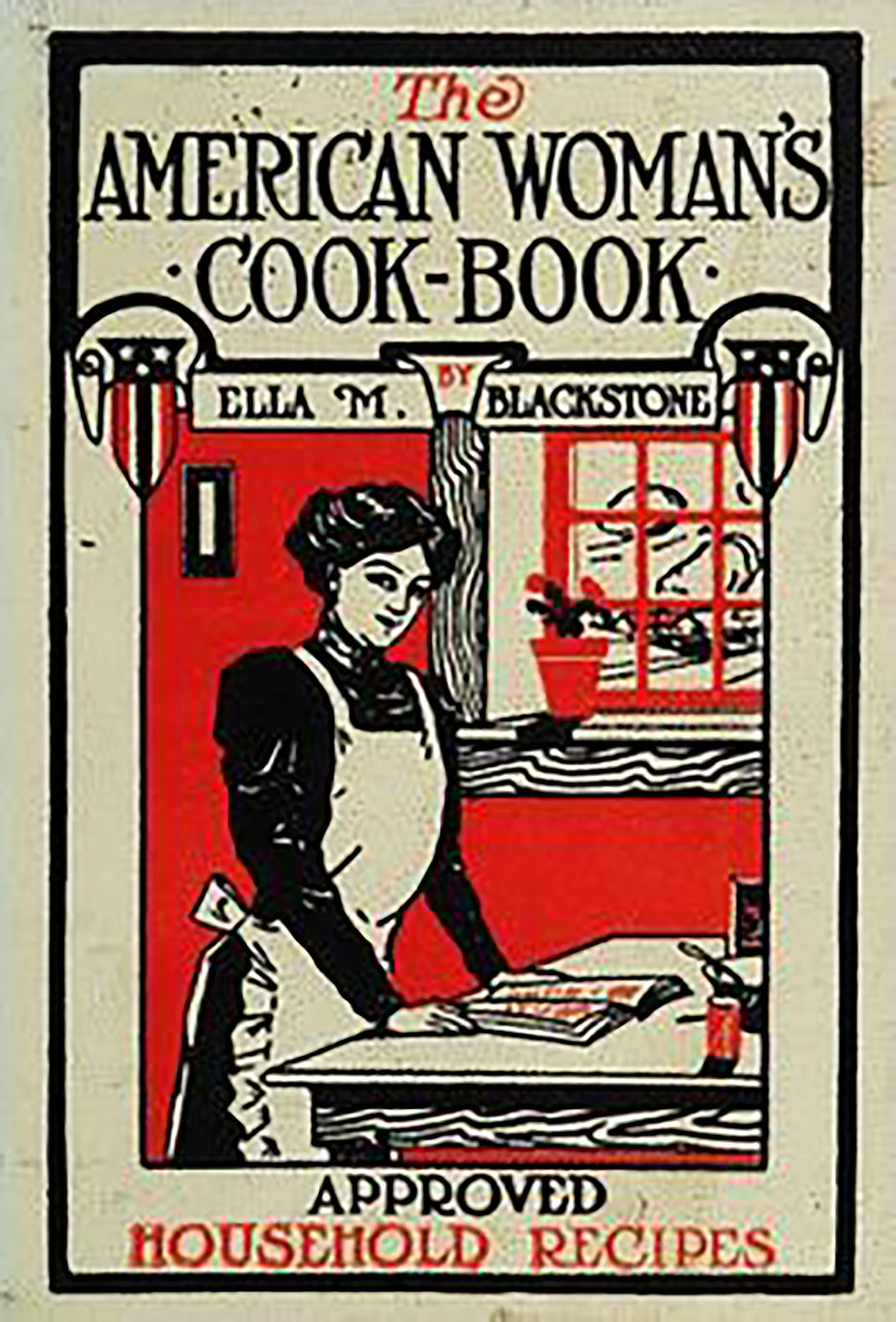Howdy folks,
I do not have a recipe this week, but I do have something else that is pretty neat.
I have on loan from Mike some very cool, very old cookbooks. The copyright of the first book is 1910, while the other one is copyrighted 1908. The first book title is: "The American Woman's Cook-Book" by Ella M. Blackstone. The other book is titled: "Household Discoveries and Mrs. Curtis' Cook Book." Both books have really old recipes in them along with hints and tips on household activities, marketing, home economy, table etiquette, how-to's, etc.
I thought it would be fun to share some excerpts from the book here for all of you to enjoy. Some of the information is outdated and only good for a laugh. However, some of the information is surprisingly still relevant in today's society and some of this information, should be re-instituted, as society has degenerated from what it once was.
The thought which I chose to share today comes from "The American Woman's Cook-Book" by Ella M. Blackstone copyright 1910. The title of this section is "The Home Economy." I believe there has been a great degree of negligence in American homes by not teaching home economics to girls and boys. I know the year I went to boarding academy, the home economics class was discontinued. It was one of the classes I was really looking forward to as I felt it was an area in which I was unfamiliar and wanted to improve. I believe there is no substitute for staying at home and learning to run a household from the very ones who are running a successful household. Kids should be involved in the running of a home, according to their abilities. As a child's age increases, so should their involvement in understanding finances. Even when young children are taken grocery shopping, they may be taught that "we" are buying certain items for a specified reason, whether on sale, a good price, or because of better quality.
And now the book excerpt:
The Home Economy
"Domestic Economy, that branch of Domestic Science which treats of the economical and skillful management of household affairs, is based upon scientific knowledge and practical experience. This Science is now being introduced into the grammar schools and many of the high schools, and it should have a good influence in leading young women more correctly to estimate the importance and dignity of household economies.
"Health is the first and most important consideration of Domestic Economy. It is true, the comfort and prosperity of the home largely depend upon a good and wise use of the money provided for its maintenance; but neither comfort nor prosperity can be enjoyed in any household without good health. The guiding principles, therefore, in the management of the home should be founded upon strict attention to hygienic laws.
"The actual things to be studied in Domestic Science are the daily necessaries of life. The first and most essential is food - its varieties, digestion, preparation and uses; for the health, happiness, and contentment of the home depend largely upon the knowledge of the good and bad qualities of foods, and how to select and prepare them in accordance with the laws of health.
"Domestic Economy teaches how to spend money as well as how to save it. Mere parsimony is not economy, and the woman who is close to stingy is not always economical. There is a true economy and a false economy. Domestic Science enables the housekeeper to distinguish the true from the false.
"Warmth, Light and Clothing - True economy provides a sufficiency of warmth, clothing and light, knowing that stinting in any of these items will either lead to forced expenditure in other directions or in the doctor's or optician's bills.
"Repairs - True economy keeps everything in the house in a state of careful repair; false economy saves this small outlay, but ultimately is put to the greater expense of either buying new goods or paying for more costly and extensive repairs.
"Table and House Linen - True economy keeps the stock of house and table linen replenished; false economy saves this expense, but when all is fallen into a condition of extreme shabbiness it is put to the excessive outlay of buying a whole new stock instead of replacing the necessary articles from time to time.
"Tools - True economy provides proper tools and appliances for household work, whereas through false economy time, patience, and temper are lost in attempting to manage without them.
"Materials - True economy buys only good materials, whether in clothing or food; false economy buys cheap goods that most always prove to be unsatisfactory, or in the case of food are not wholesome. False economy buys articles at sales merely because of cheapness. In this way much money is frittered away, and the goods that have been so purchased rarely prove useful.
"Savings - True economy saves money and invests it in some safe and profitable way as a provision for the rainy day. False economy spends all its earnings without obtaining real comfort, as what it saves by parsimony in one direction it is compelled to spend in another, proving 'a penny wise and a pound foolish.'"
We hope you enjoyed this glimpse of yester-year!

